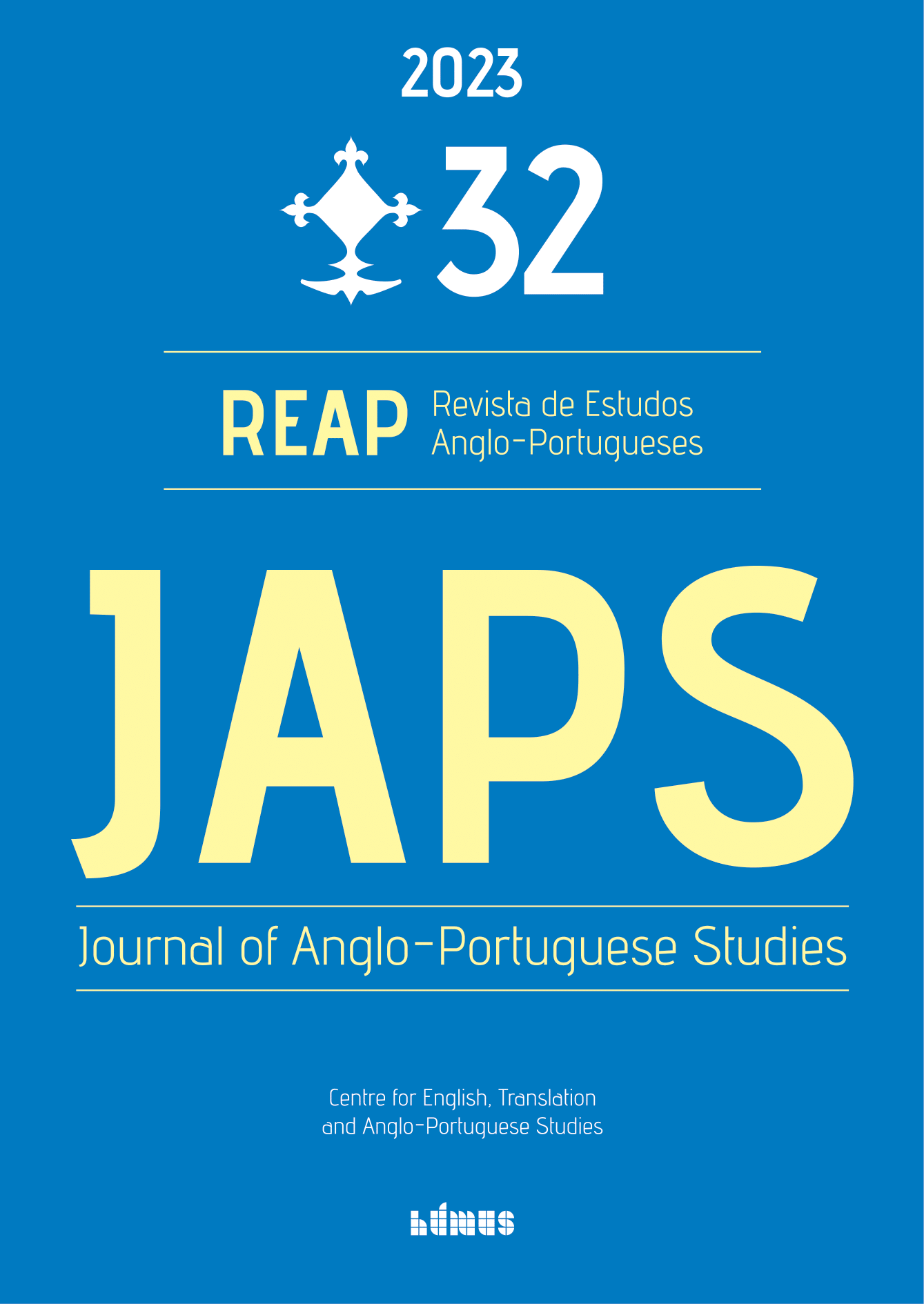Published 2024-01-02
Copyright (c) 2024 Revista de Estudos Anglo-Portugueses

This work is licensed under a Creative Commons Attribution-NonCommercial-NoDerivatives 4.0 International License.
Abstract
In 1896, the tension between Great Britain and Germany almostreached a boiling point after the British failed attempt at a revolution in the Transvaal. At the time, the strain in Southern Africa waspalpable, with both the Boer republic and the Portuguese colony of Mozambique trapped between Britain’s and the German Empire’sambitions. However, the war that could have been was stopped by anunlikely character, the Portuguese Foreign Minister, Luís de Soveral.Portuguese ambassador to Britain and a close friend of the then Princeof Wales (future Edward VII), Soveral lived in the British capital forten years and had been leading the Portuguese Legation in Londonsince 1891, when he was invited to take on the role of Portugal’s Foreign Minister in 1895. In this article, I intend to reconstruct andreflect on the facts and political actions taken during this incident.I then analyse the role and actions of Luís de Soveral when faced witha potential armed conflict in Southern Africa, close to the Portuguesecolony of Mozambique. The significance of Soveral’s involvement inthis conflict of titans was unknown to most at the time and wouldonly be brought to light years later.


